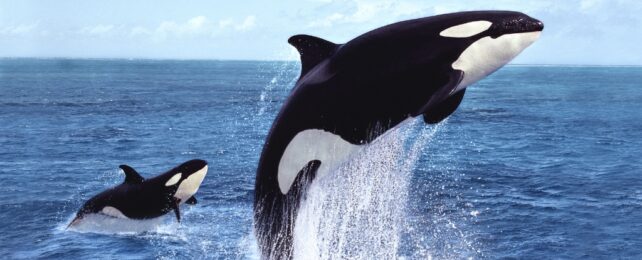Rui Alves launched a website last year, orcas.pt, that tracks orca encounters with boats – both sightings and attacks off the coast of Portugal and near the Strait of Gibraltar, located between Spain and Morocco.
That's important since orca incidents have been on the rise in this area during recent months, and may continue to increase. Already there's been a shocking number of boat attacks.
According to Alves' map of June, there's been at least one killer whale encounter every single day in the area, so far this month. The map shows 10 attacks since June 1 and an additional 12 orca sightings in the same time period.
"We are having one incident every day, on average, OK? There are days we have two or three," Alves said in an interview with PBS.
On some days, there are multiple attacks. For example, on June 3, there were four identified orca attacks and on June 8, there were two.
Alves' site, according to the PBS interview, connects sailors in the area who can report these incidents, and their locations, along the coasts of Spain and Portugal.
"It was an idea. If you spread the word about something that happens in an area, people will avoid that area," Alves told PBS.
"Maybe they will keep the boat and say, 'I don't sail today because there are many orcas at that point. I will sail tomorrow, or maybe I will go in another direction.'"
Why these orcas are spending so much time around boats is unclear. One theory is that a single traumatized orca, called White Gladis, is behind the attacks and other killer whales are imitating her. But other experts suggest the orcas just want to play.
Whatever the reason, these apex predators are not to be underestimated. They've been known to hunt great white sharks and even blue whales.
If you encounter a killer whale, there are some important rules to follow, first and foremost being, never enter the water with them.
This article was originally published by Business Insider.
More from Business Insider: